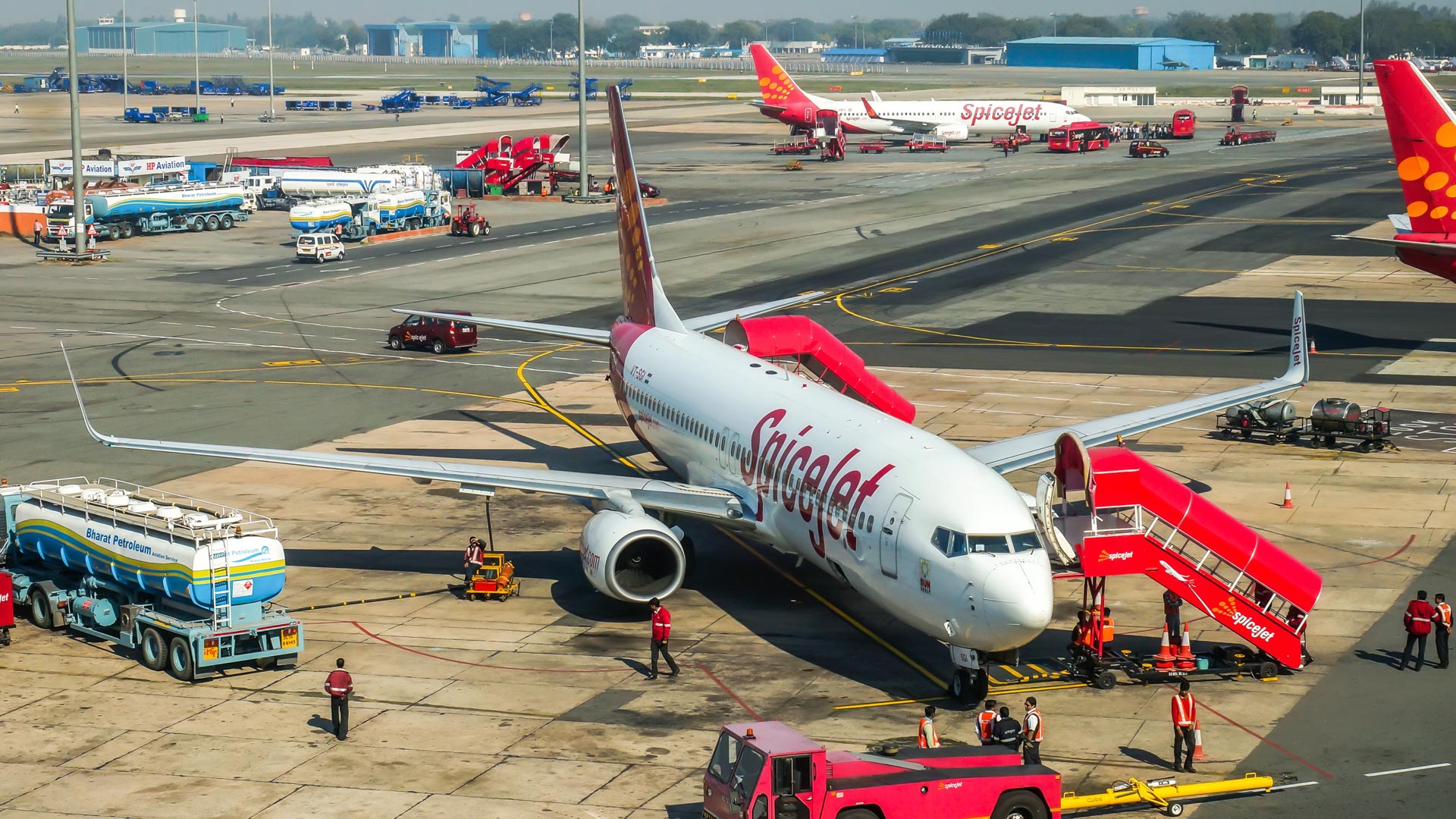Dark clouds continue to hover above India’s low-cost carrier (LCC) SpiceJet. Earlier this week, SpiceJet posted a net loss of INR 789 crore for the second quarter, despite a relatively positive Indian domestic aviation forecast. At around the same time, SpiceJet’s Chief financial officer (CFO) Sanjeev Taneja resigned leaving the airline deep in crisis. The new CFO is expected to join later this week.
The grounding of Boeing 737Max, followed by the COVID-19 pandemic, then the depreciating rupee, and high fuel prices have taken a toll on the airline’s operating cost.
SpiceJet’s current liabilities exceeded its current assets by INR 6,408 crore. Its cash and cash equivalents at the end of FY22 stood at INR 9.6 crore while bank balances were 50.7 crore rupees.
Keeping a positive stance in the face of crisis, Managing Director Ajay Singh said: “Despite the complex operating environment and highest ever input costs, the airline had been able to sustain its operations and would soon engage investment banks to raise up to $200 million or about INR 1,590 crore.”
Local media sources suggest that SpiceJet is likely to get around $200 million crore this week under the Emergency Credit Line Guarantee Scheme (ECLGS). The ECLGS was set up by the Indian Government to help companies deal with the impact of the Covid pandemic; it provides guaranteed coverage to banks and NBFCs to enable them to extend emergency credit to various industries to meet working capital requirements.
SpiceJet will use this money to clear statutory dues and other payments to lessors.
The cash-strapped airline has been struggling to make timely payments to vendors and lessors which led to the Directorate General of Civil Aviation, India (DGCA, India) deregistering six Boeing 737 aircraft in August. Currently, SpiceJet is operating at 50% capacity.
All-in-all SpiceJet is awaiting a knight in shining armour. The airline’s current market capitalization stands at INR 2700 crore with Ajay Singh holding a 59% stake. Fundraising at this time can cause significant dilutions for existing shareholders. However, this situation can be diced by structuring the infusion in such a way that Ajay Singh retains control and manages to convince the new investors that he is the right man to turn the tide for the airline.

